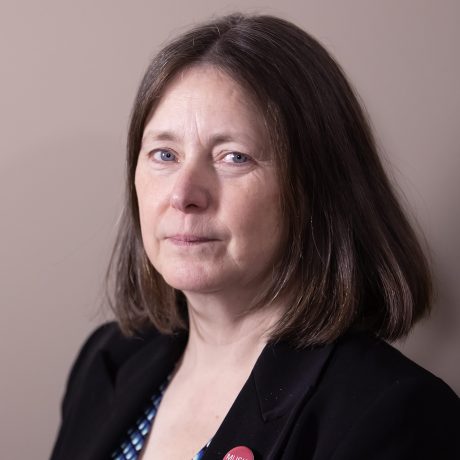Bridget’s Blog: Costing the National Plan for Music Education
5th February 2025

Everyone should have access to music education; learning an instrument, singing, composing, and exploring the many genres and cultures of music which exist. The benefits are not just expanding musical knowledge and understanding, but there are also health, social and wider educational benefits too! We all know that, don’t we? We all support this, don’t we?
Well, I would hope so, but I must admit that having grown up in a musical family, had a good music education in and out of school and having worked in the music industry since I completed my music degree my words will not be surprising. I remain hopeful that when I advocate for music education I am not automatically dismissed as biased, especially when I back it up with research and stories which inspire, but it remains a fact that no one is going to be shocked by my views!
In May 2024 I, along with others, gave evidence to the Education Select Committee. Again, our arguments were persuasive but ultimately both well–informed and well–rehearsed. The committee listened and asked valid and helpful questions of us and of the Schools Minister, but I did come away from that experience wondering if our points hit home as well as they might have coming from an independent body who had no agenda – no ‘skin in the game’ around Music Education.
Demos are a cross-party independent think tank that carries out research which can help ministers and their departments consider policy and funding decisions. Their research has informed many decisions in Whitehall, and they are a respected charity whose work ‘is rigorous, original and impactful’. With their reputation and our need for independent, unbiased research, in the spring of 2024 Music Mark engaged them to ‘Cost the National Plan for Music Education in England’.
Originally hoping that a report might land in time for a general election (which of course didn’t quite play out), we asked them to accept the core principles within the Plan as being something a government of any colour would want to promote – equitable, inclusive music education opportunities for all children and young people – but to see how much, realistically, the delivery of the ambitions within the plan might cost.
The subsequent research has uncovered a number of recommendations that they are making to the government which we hope reinforce what we have been saying for some time, but add an additional, and most importantly independent/unbiased, voice into the conversation. It is of course not surprising to us that they identify that further funding from the government is needed, but what is helpful is the recognition that there are specific challenges including evidence of the significant cost which has been required for the setting up of the new Hub Network and the associated costs linked to the provision of a Capital Fund.
What happens next with this report? Well obviously, we will be keen to help Demos to share it as widely as possible including to ministers and government departments, we also hope it may be useful for colleagues across the country too. It is likely to raise further questions and potentially require additional data collection, but its independence is its strength and I am looking forward to citing it over the coming weeks and months as I continue the advocacy work I do!


